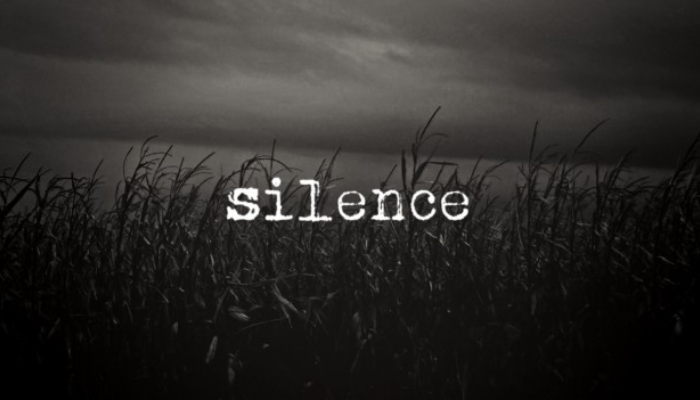A few years ago, I greeted a senior German colleague with a polite, almost respectful handshake, with my eyes downcast and my voice soft. A classic Yoruba show of respect, I thought. On the other hand, he thought I was being cowardly. That moment taught me a lot: communication is not just about language; It's about context. This particular experience inspired me to read extensively on the role of culture in communication. I found one particular book called The Culture Map by Erin Meyers quite compelling and I'll share some of the lessons I learned from it.
Nigeria as a country is considered a high-context society with Indonesia, Japan, France, Brazil, India, China and many other countries on the communication scale. We don't say much. When communicating we leave many things unsaid and expect our counterpart to figure them out. This is a major deviation from the Anglo-Saxon cultures of western countries like America, Germany, Netherlands, etc. They take your words with respect. They are straight to the point. They're not trying to figure you out. They believe that you meant what you said. No one has time to second-guess what's left unsaid.
In low-context cultures, people are more likely to put things in writing and even rehearse in meetings. No room for second guessing. In contrast, high-context societies build mutual trust around verbal communication. Have you ever wondered why people of ours sometimes feel awkward when you want to commit your conversation to writing? More like, “Hey, don't you trust me to keep my word?”
Also read: Cultural diversity and overcoming communication barriers in the digital age: A framework for sustainable development
There is a theory that the more homogeneous people are, the more reference they have in their language and culture. Some shared history and signals and body language feed into their communication channels. from generation to generation. And the more diverse they are, the less the need for contextual communication. Therefore, to avoid confusion in such a society, everyone speaks in simple language. There is nothing hidden in body language signals.
Understanding this as a manager or even a regular person can save you a lot of unnecessary drama or hassle. This can help you build cultural flexibility. Being an agile communicator is a valuable skill. Getting a grip on differences in cultural context can help improve your communication effectiveness.
For example, when you speak to friends and colleagues in low-context societies such as the US, Germany, Canada, etc., you should try to be as clear and direct as possible. And when you communicate with people from high-context societies like Japan, China, India, Kenya, and others, you hear not only what is said, but also what is meant. This requires that you listen more carefully, ask clarifying questions, and pay attention to body language cues and the tone of the language used.
If you are the low-context person, know that the high-context person is not trying to dodge or mislead you by not saying all this. This is the communication style he is culturally accustomed to. And when talking to him, he reads between the lines and looks at your cues to interpret what's unsaid. You don't need to repeat yourself again and again. He can easily understand what is said and not said. However, on the other side of the coin, if you are a high-context person and are engaging with a low-context person, be clear and concise. Understand that your silence is taken as it is. silence. Don't read between the lines. Explain clearly what you do not understand. Don't make assumptions about them under the guise of politeness. These and more are ways you can avoid frustrations and misunderstandings in communication.
This skill becomes even more valuable when you have to work with teams and colleagues from multiple cultures and countries or do business with customers and suppliers from different countries. So, please take care lest you become frustrated by communication lag.











